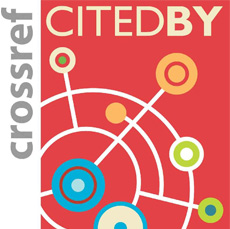ISSN : 2288-5412(Online)
DOI : http://dx.doi.org/10.14354/yjk.1999.10.151
Questioning and Mythmaking: Poetic Transformation of Ireland Matter in Yeats and Heaney
Abstract
The essential Yeatsian themes and attitudes sound through the earlierworks of Heaney. He draws an analogy between the preserved bodies ofhuman sacrifices in the peatbogs of Denmark and corpses on the streetsof contemporary Northern Ireland. And He employs gender stereotypes andmyths to describe the violent and depressive situations in Ireland in his poems. Sometimes he uses myths, whether of apocalypse or sacrifice. Buthe always takes a questioning stance toward the power of mythicsignification. In “The Tollund Man” the speaker comprehends thetransforming and eternalizing power of myth and he also recognizes thatpower as a ‘blasphemy’ because it averts his, and the reader’s, eyes awayfrom the specific victims and from the horror of the individual violent act.With this focusing on the individual victims, Heaney gives voice to thosevictims who can no longer speak, not silencing their individual voices onfavour of a single voice and eternalizing their mythic power.
Questioning and Mythmaking: 아일랜드 문제에 대한 예이츠와 히니의 시적 변용
초록
-
-
Submission : JAMS
https://yjk.jams.or.kr/
-
YSK
The Yeats Society of Korea
-
Editorial Office
Contact Information- Tel: +82-2-2220-4477
- E-mail: ilhwan_y@hanyang.ac.kr -

-

-

-

-

-





